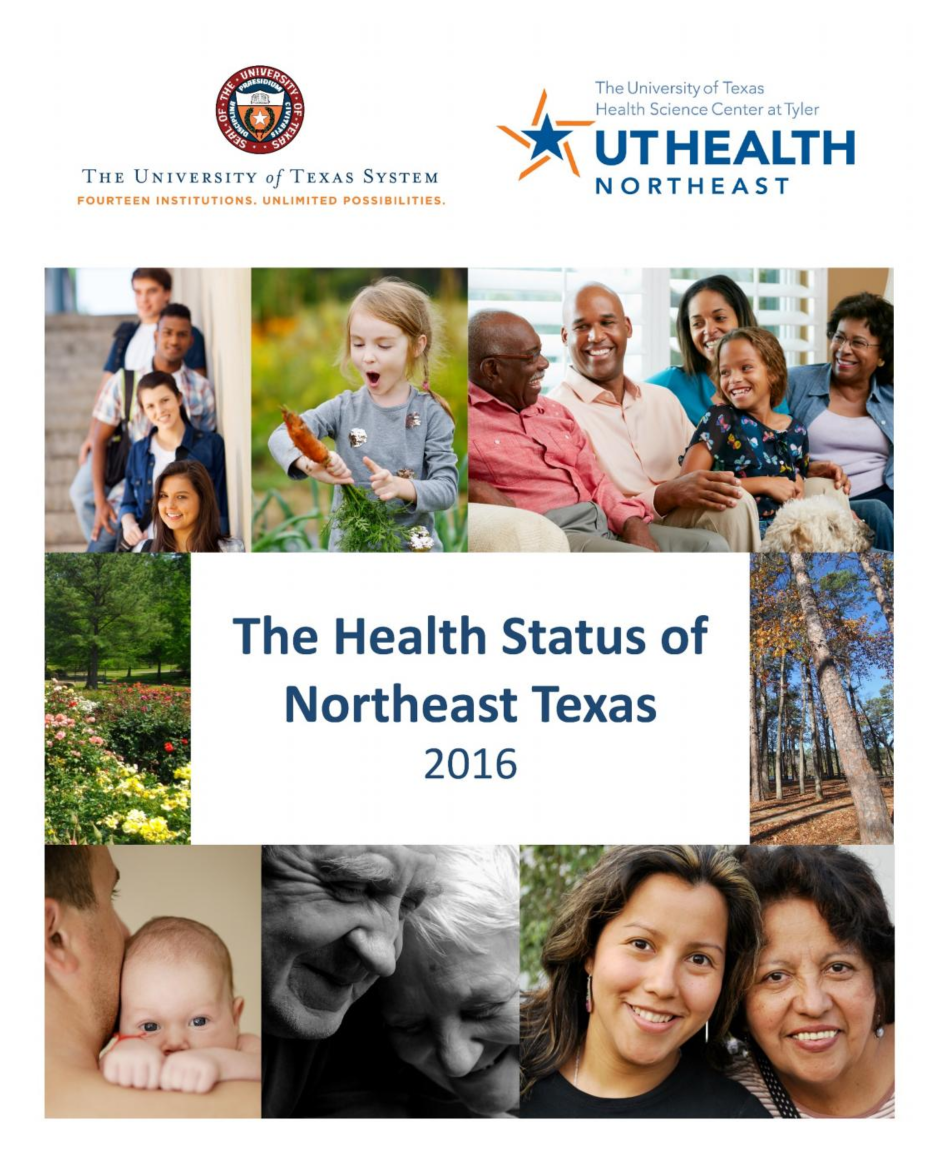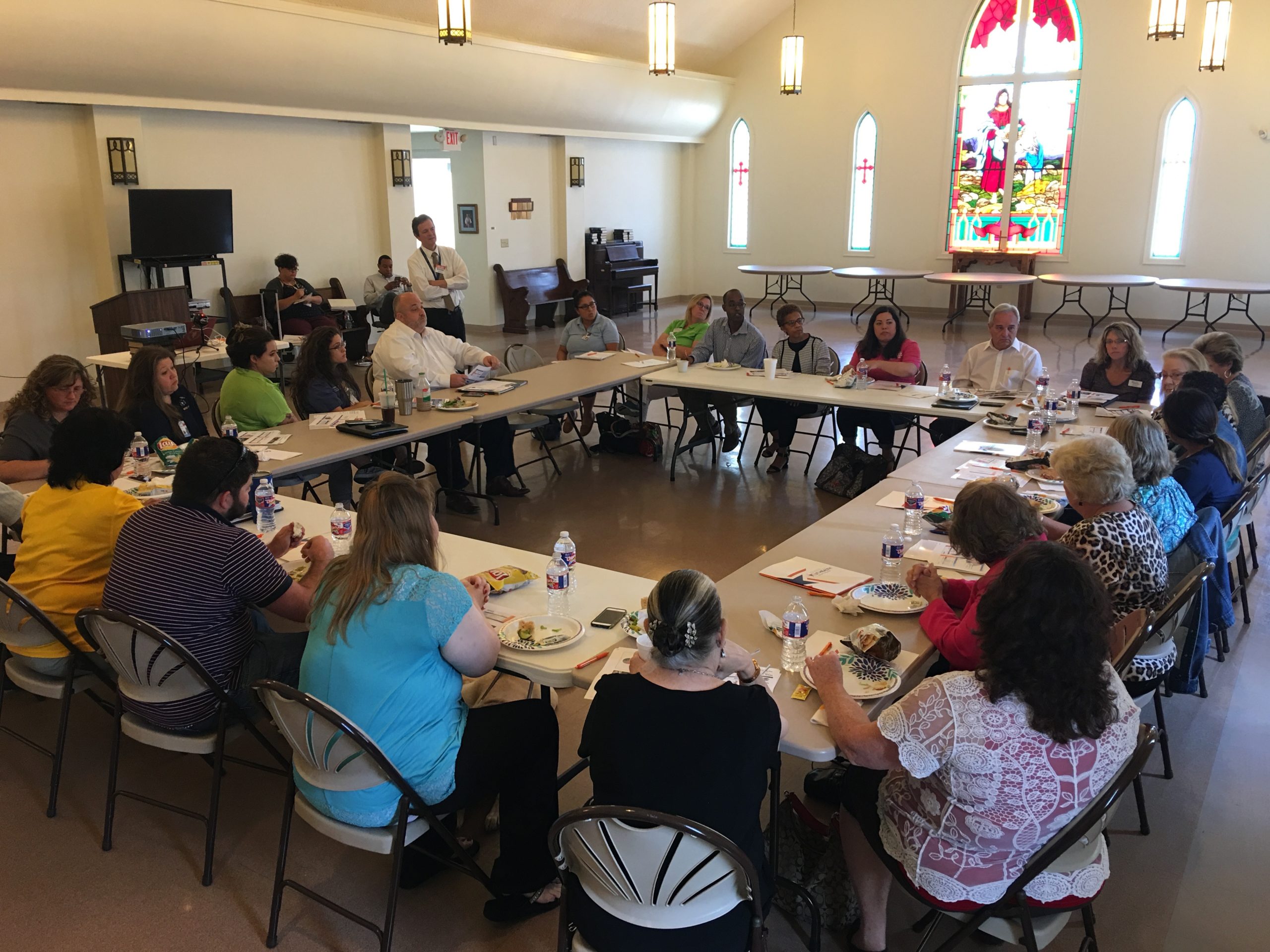
Northeast Texas is the least healthy part of the state.
That was the sobering message to more than 20 Anderson County community leaders gathered for a health forum inside St. Phillip’s Episcopal Church in Palestine.
“If our region were a state, it would rank among the lowest in the country for poor health,” said Dr. Paul McGaha, deputy director of UT Health Northeast’s Center for Rural Community Health. “But, we have an opportunity to change that.”
High rates of diabetes, stroke and obesity are just some priority health issues identified by more than 2,000 people who responded to UT Health Northeast’s population health survey conducted in 2016. McGaha shared detailed results from the survey at community forums in Anderson and 10 other counties from May through July. Along with medical concerns, the survey data includes information on dozens of important factors including individual behaviors, social challenges, and other non-medical determinants of health.
“We’re hoping to shine the light on critical health issues that need to be addressed,” McGaha said. “Excellent medical care is only part of the solution. We’re seeing how this data can spur more discussion on how communities can help keep people healthy.”
The forums are one part of a new partnership between EHF and UT Health Northeast designed to provide the critical health data needed for communities to drive health improvement in 11 rural counties served by both organizations.
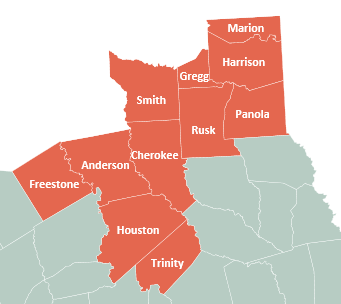 The EHF/UT Health Northeast partnership includes the 11 counties in orange above.
The EHF/UT Health Northeast partnership includes the 11 counties in orange above.
At the Anderson County forum, residents said drug abuse, mental illness and community safety concerns were some of the issues taking a toll on the county’s overall health. Participants at the other county forums mentioned obesity, hunger, transportation, smoking and many other health concerns as barriers to good health in their communities.
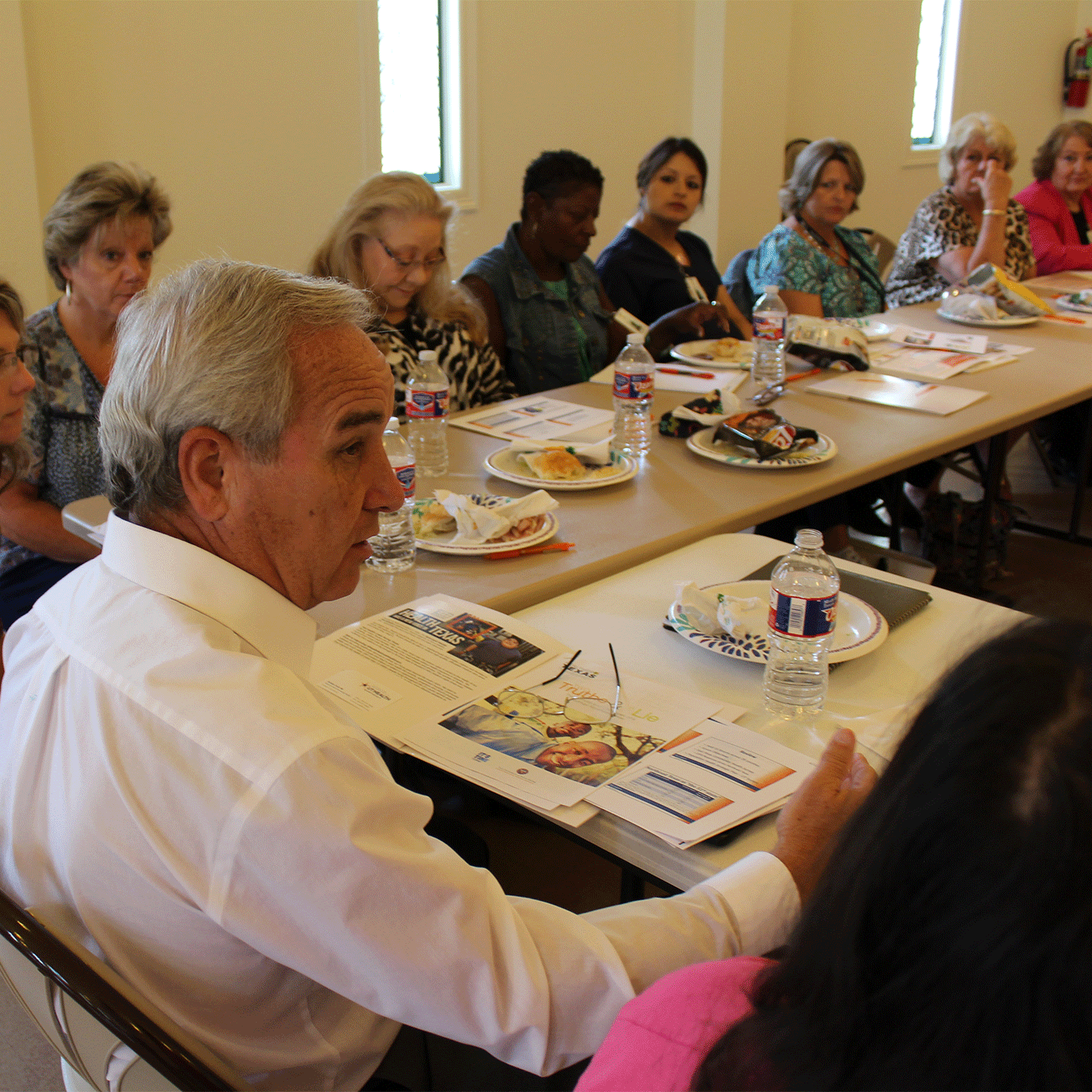 “We need broader involvement from the community,” said Steve Presley, mayor of Palestine, who attended the forum in Anderson County. “The community members who are doing things to try and tip the health scale are already overworked and doing as much as they possibly can.”
“We need broader involvement from the community,” said Steve Presley, mayor of Palestine, who attended the forum in Anderson County. “The community members who are doing things to try and tip the health scale are already overworked and doing as much as they possibly can.”
After the forums, EHF and UT Health Northeast hope to work with collaborations and other partnerships to identify specific health and resource needs in different communities and then assist groups who are ready to move forward with health improvement projects.
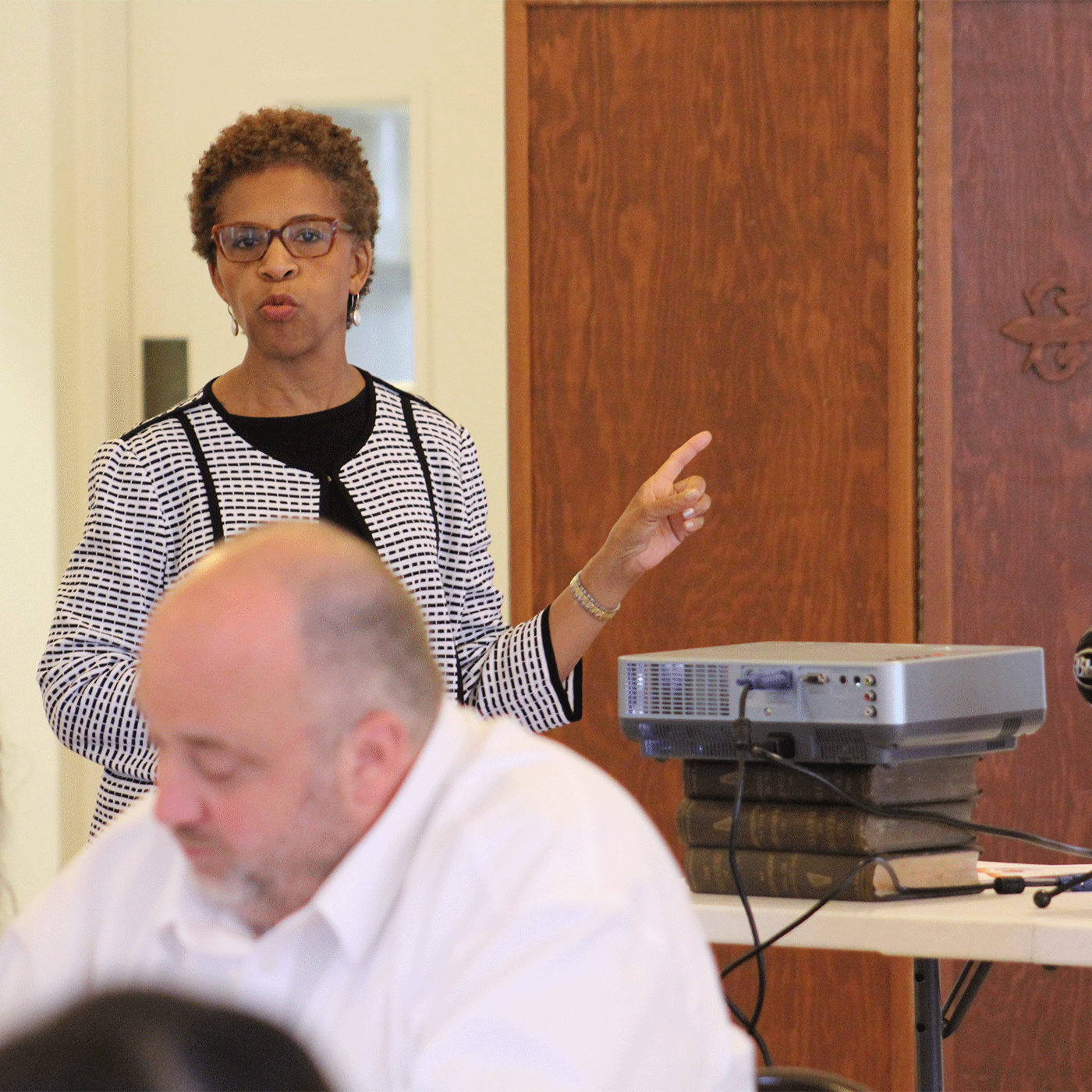 “For changes to last, they need to be community driven,” said Maryland Grier, EHF’s senior community engagement officer. “We believe that’s the best way to develop innovative ideas for improving the priority health concerns in a community.”
“For changes to last, they need to be community driven,” said Maryland Grier, EHF’s senior community engagement officer. “We believe that’s the best way to develop innovative ideas for improving the priority health concerns in a community.”
As part of the partnership, UT Health Northeast is building a database of health and social service agencies, governmental agencies, civic organizations and other resources available in each of the 11 counties. Researchers will make the database available online and encourage other organizations to also make the database available to residents.
![]()
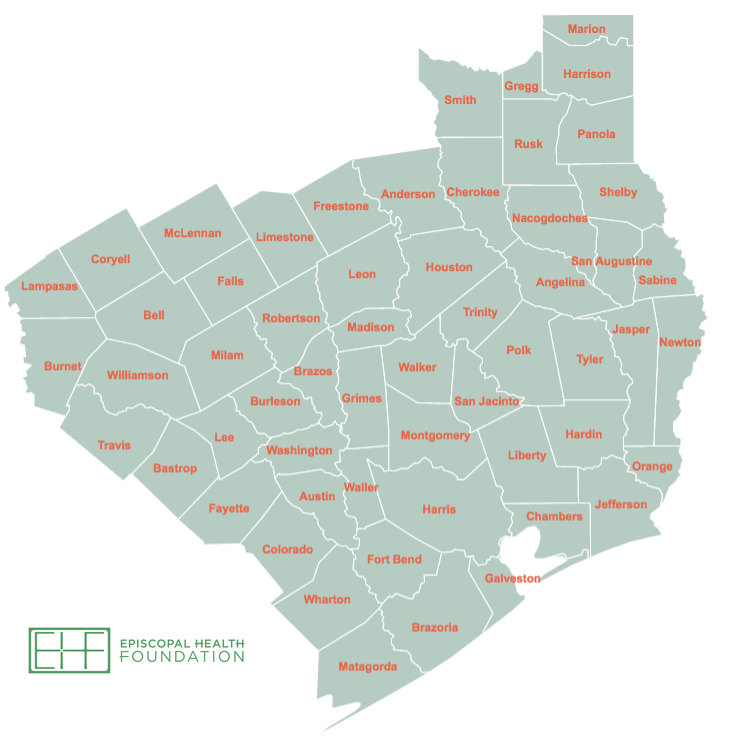
Click here to read the compete Health Status of Northeast Texas 2016 Survey Report